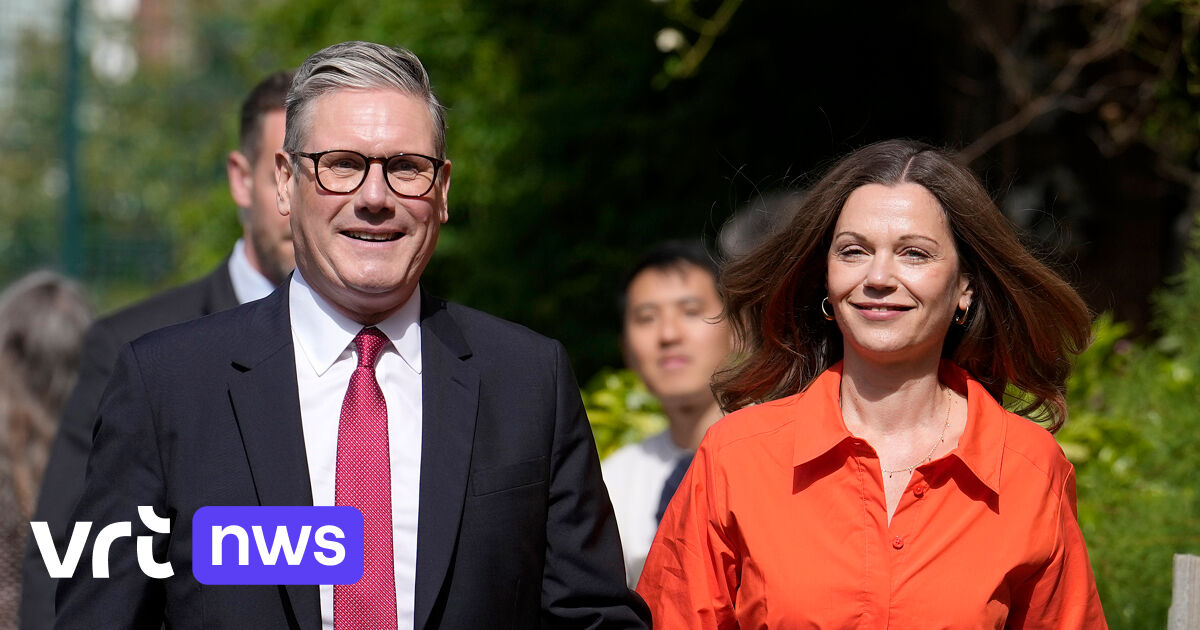In Spain, a law was passed at the end of last year that makes the Spanish lagoon Mar Menor a legal entity. The water has been polluted by the disposal of mining waste and agricultural fertilizers. Three committees, consisting of citizens, government organizations and scientists, are now monitoring the significance of the lagoon. They are the guardians of the river. With this law, Spain became the first European country to grant natural rights. The initiative came after a large petition was signed by more than 300 thousand citizens.
Elsewhere in the world, people have long since made nature independent. Knowledge of indigenous people often has a major influence on policies there. In 2017, under Maori influence, the Whanganui River in New Zealand was recognized as a legal entity, as first river Inside the world. The waterway for nearly 200 miles is declared to be living in law, “from the mountain to the sea, with all its physical and metaphysical elements”. Incidentally, the river cannot be held responsible if anyone drowns in it.
The Maori have been acting as one of the guardians (‘faces’) of the river for five years now. Shortly after the law was introduced, the local government wanted to build a bicycle and pedestrian bridge over the river. They forgot to consult the local Maori people (hapū), who put the project on hold for two years. Hapu added all sorts of improvements, such as a protected fishing area, a speed limit on a nearby road and public restrooms.
In the end, hapū had few problems with the bridge itself, but especially with the processes that preceded it. Before the rivers are recognized as human, they must constantly beg for the rivers protection from the ever-changing politicians. Now the government has to go to the locals first with their river plans, and the health of the river is paramount.

“Hipster-friendly creator. Music guru. Proud student. Bacon buff. Avid web lover. Social media specialist. Gamer.”







